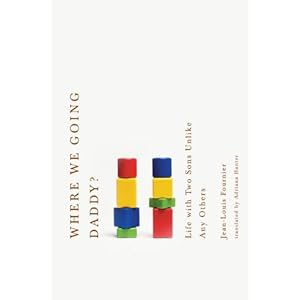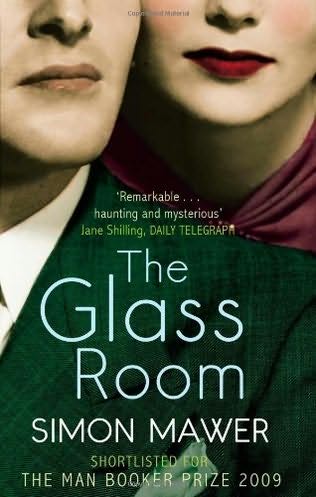The title of this month's column may seem a tad familiar. In my last instalment on this topic, I was lamenting the existence of secondhand booksellers who seem intent on raping your wallet for many times more than a book is worth, even if it is a bit on the hard-to-find side.
In this instalment, I move on to consider the notion of paying for library membership. This is something that I never had to do whilst in Britain but do have to do now that I am in France.
This strikes me as being somehow intrinsically wrong; in Britain, paying for library membership was never something that presented itself to me. Thanks to free library membership, I was able to enjoy many thousands of hours of good quality time reading books that my parents would have never had the space to stash if we'd had to buy them all. I suspect that library membership is even more valuable to those coming from low-income backgrounds: we always had plenty of books at home, but for bookworms who can't actually afford books, a free library card is quite literally a lifeline.
The fee we pay in France for use of our local library is pretty nominal; while I'm guessing it varies from place to place, we pay under €40 a year for the two of us to use the library. It's not that we can't afford it, and it's better than paying for something you won't even use, but it's the principle of it that I object to. For many households, even this is a barrier (although I suspect not in the area where we live), and as I've said before, reading should be for everyone - no matter what.
But, nevertheless, I can see both sides of the story (no pun intended).
So why should we pay to use our libraries?
It's ultimately a business, not a charity. Even libraries that are entirely state-funded still make money from fines that are charged on late books and from flogging old stock to buy new things. You pay someone to stack the shelves for you; you pay someone to put the books in order so that you can find them easily; you pay someone to run a book group or an event at the library; you pay for maintenance of the building and grounds; you pay for the books and other media to be supplied to the library; the list goes on. You receive a service like any other and you ought to pay for it. If library services become free, then an argument is created for other beneficial services, such as museums and swimming pools, to also become free for all. This is perhaps ultimately economically unsustainable.
But now to the reason why I came here in the first place: why should our library service be free?
Local governments (and, indeed, national governments) need to invest in literacy unless they want to have a completely useless future generation. Furthermore, this needs to be a multi-pronged attack: just investing in schools is not always enough, and some schools will always be better than others anyway. As I already mentioned, some families will not be able to afford to further their children's education at home (whether said parents should have had said children to begin with is perhaps another debate, and not one for this blog), and it seems petty and silly but simultaneously monumentally disastrous to exclude people from a library (of all places!) on the grounds that they cannot afford to go. This only sets a downward spiral - library-going, just like going to a swimming pool (to use my earlier example) has to become habitual from an early age, or it is a million times harder to get into a routine with later on in life. And just as participating in sport from a young age sets you up for a physically healthy lifetime, getting into the habit of reading books sets you up for an intellectually healthy lifetime. It seems a shame that such things should be put paid to immediately solely due to a lack of funds.
As with most things, I expect, a middle ground has to be reached. Let those who can afford it pay for it by all means, but some concessions should perhaps be made for those who can't. In my view at least, basic literacy is a basic human right, and one that should not be denied just by the bad luck of one's background.
First three Chapters....
16 years ago








